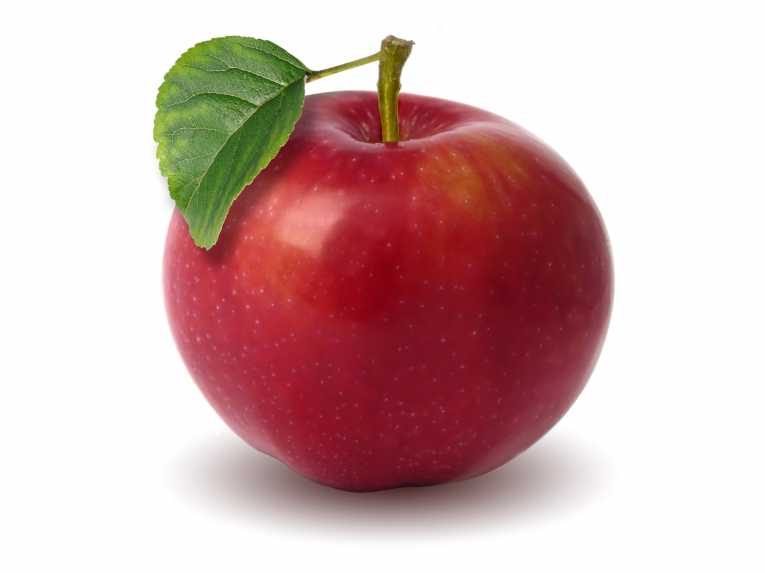Chinese scientists report that eating apples extended the lifespan of test animals by 10%
Apples are traditionally associated with health. Most of us will be familiar with the saying, said to originate in 19thcentury Wales, that ''an apple a day keeps the doctor away''. Many of us will also be familiar with Prince Ahmed's apple in Tales of the Arabian Nights that was said to be ''the cure for every disorder.''
Even in Greek mythology, as a part of his Twelve Labours, Heracles was required to travel to the Garden of the Hesperides and pick the golden apples off the Tree of Life.
Up until now, although apples have always been acknowledged as being very good for you, there has never been any positive evidence that they are anything more than a healthy supplement to the diet, but this might be about to change.
Scientists from the Chinese University of Hong Kong are reporting the first evidence that consumption of a healthy antioxidant substance found in apples can extend the average lifespan of test animals by as much as 10%.
The new results have been obtained with fruit flies, which are stand-ins for humans in hundreds of research projects each year. Similar findings on apple antioxidants obtained from other animal tests bolster this research.
The results of the study appear in the latest edition of the Journal of Agricultural and Food Chemistry from the American Chemical Society.
The study was led by Professor Chen Zhen Yu of the Faculty of Science at the Chinese University of Hong Kong. The researchers noted that damaging substances generated in the body, which are known as free radicals, caused undesirable changes that are believed to be involved in the aging process. They also cause some diseases. Substances known as antioxidants have the ability to combat this damage.
Fruits and vegetables in the diet, especially brightly coloured foods like tomatoes, broccoli, blueberries and apples are excellent sources of antioxidants. A previous study with other test animals hinted that an apple antioxidant could extend average lifespan and in the current report the researchers studied whether different apple oxidants, known as polyphenols, could do the same for fruit flies.
They discovered that not only did apple polyphenols prolong the average lifespan of fruit flies, but it also preserved their ability to walk, climb and move about.
As if this wasn't enough, researchers also found that apple polyphenols reversed the levels of various biochemical substances found in older fruit flies that were used as markers for age-related deterioration and approaching death.
Professor Chen and his colleagues noted that the results support those from other studies, including one in which women who often ate apples had a 13% to 22% decrease in the risk of heart disease.
Research has also suggested that apples may reduce the risk of colon cancer, prostate cancer and lung cancer. The fibre contained in apples also reduces cholesterol by preventing reabsorption.
All in all it seems a very good idea to follow the advice of the 19th Century Welshmen and eat ''an apple a day.''















